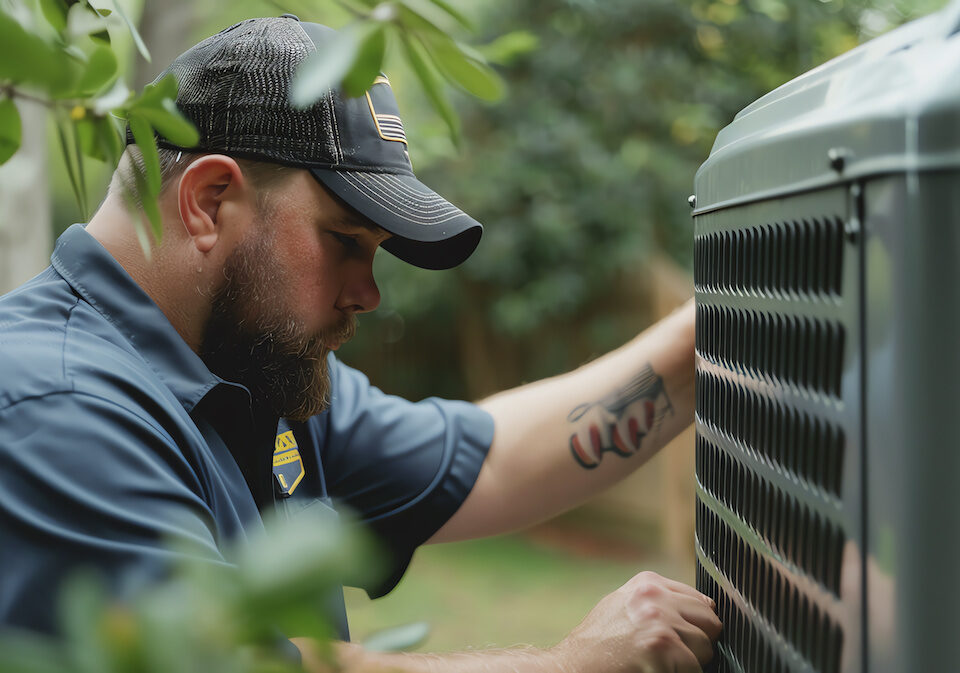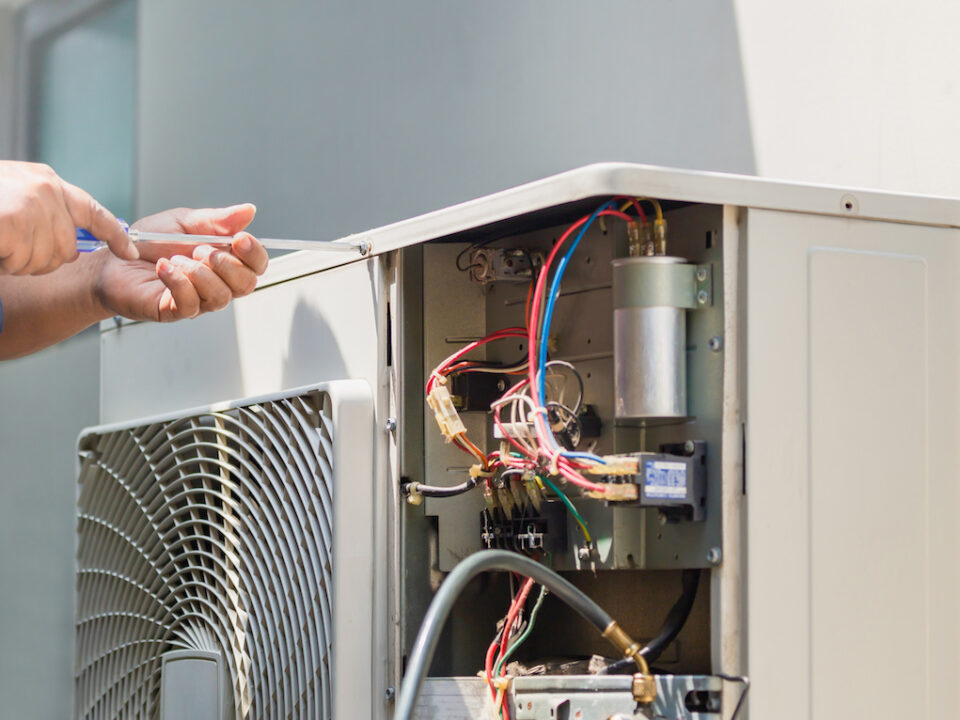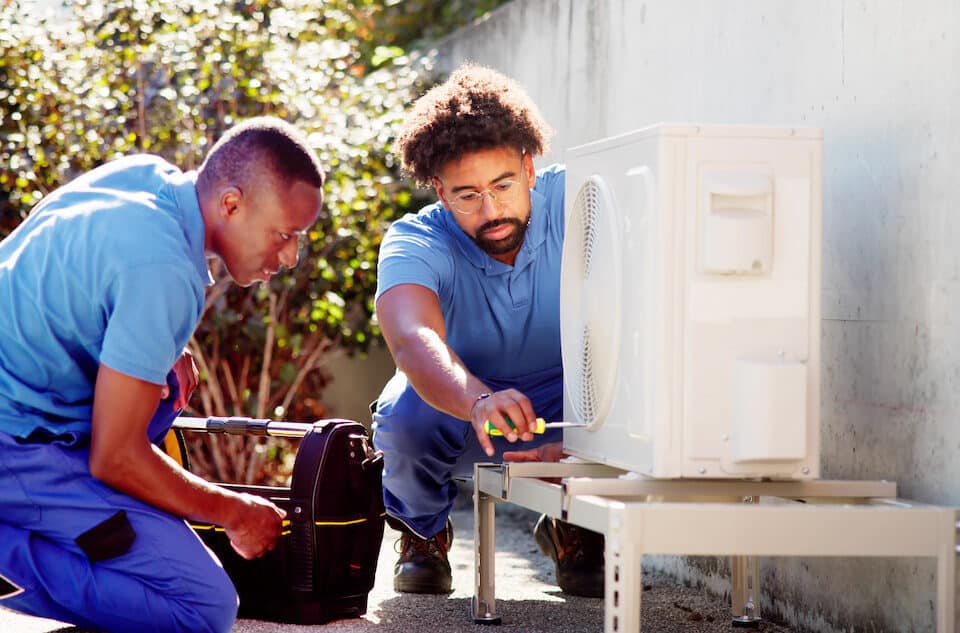The Ultimate Guide to HVAC Systems for Rental Properties

If you are looking for long-term and quality tenants, you may consider investing in HVAC systems for your rental property, avalonpropertymanagement.net advises. Before you do so, you should have a good knowledge of some guiding principles because the repairs of HVAC systems are expensive. If you don’t follow the guidelines, they could constitute an ongoing cost that can affect your rental flow.
On average, the lifespan of an HVAC unit is between 15 to 20 years, but certain things can affect the longevity of your system. They include maintenance, weather, type of unit, or condition of the apartment. This article aims to help you perform regular and scheduled maintenance, decide the right kind of HVAC system for your rental apartment, and watch out for specific issues that require urgent attention.
HVAC system maintenance schedule
If you want to save money, it is recommended that you invest in regular maintenance of your HVAC system. This will prevent you from spending money on replacements and prolongs the lifespan of HVAC units. You can perform some of the routine maintenance by yourself, or you hire an expert for it. The maintenance includes these:
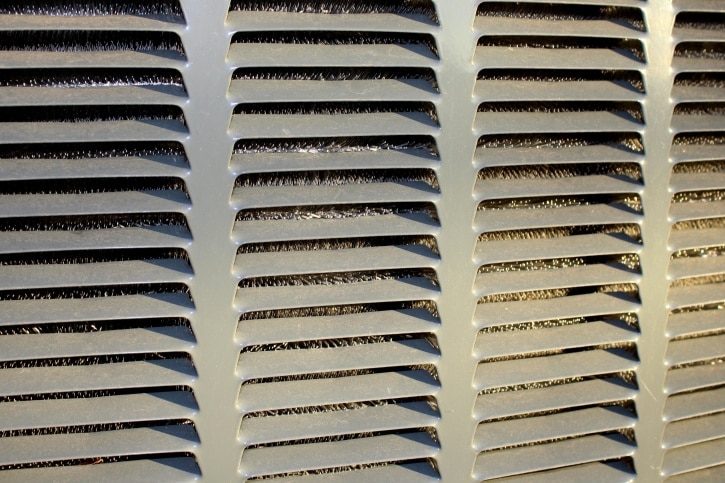
-
Replacement of air filters
Keep your air filters clean and replace them regularly. Confirm the size of your filters before replacing them and ensure to use the appropriate size. Have enough stock of air filters, these are not expensive.
-
Inspect and clean air ducts
Always ensure to inspect your air ducts and clean them if found dirty. Dust, dirt, and pollens accumulate in the air duct daily. If your air ducts are polluted, it will pump this dirt into the air, and they will end up in your tenant’s lungs.
-
Inspect belts and bearings
Inspect your bearings and ensure that they are well greased to avoid metal-to-metal contact that can wear down your HVAC system. Check the belts for misalignments and wears on the edges. If your belts are misaligned, they will groove the pulley and wear out fast. When the edges of the belts are rough, they can break down any moment, so you should replace them soon.
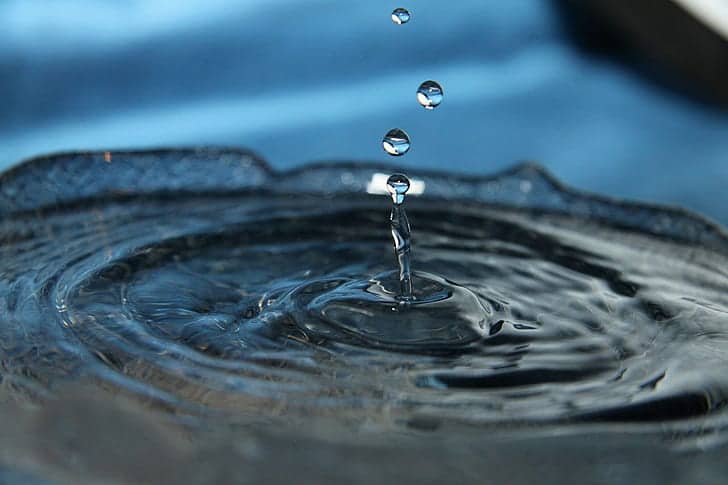
-
Clean standing water
Sometimes there may be a collection of water in your drain pans and other humidity moderating units. This can lead to rusting and also harbor contaminants and microbes. For this reason, it is essential to remove standing water regularly.
-
Clean the units
Dirty units can pose a risk to your tenants or result in expensive repairs. In other to maintain your HVAC system for good air quality and longevity, you should clean all the parts of the units using a vacuum, brushes, and power washers regularly.
Choosing the type of HVAC system for your rental property
Ensure to understand the pros and cons before selecting a particular HVAC system. Available options include:
-
Packed or split units
Packed systems have all the units in one place. They are very portable and do not consume space. However, it is not suitable for outdoor installations because of some delicate components that may be exposed to harsh weather.
Split units have the delicate electronic components indoors and compressor and condenser outdoors. Their energy efficiency is higher, and they last longer than packed units. However, their installation is not simple.
-
Heat pumps, furnace or dual fuel
Heat pumps make use of electronic heaters and a valve system that switches from cooling to heating. They are suitable for regions that are not extremely cold.
Furnace heating has a separate unit from the air conditioning, but they share the same air duct. It makes use of oil or gas as fuel and is suitable for icy areas.
Dual fuel combines both heat pump and furnace system. It is suitable for very cold environments.
-
Ducts or ductless units
As the name implies, ductless units do not utilize ducts for air distribution. They are suitable for multi-unit buildings that do not have enough space for large air ducts. Ductless units are more expensive than duct units.
-
Centralized or decentralized
Centralized HVAC systems are commonly used for large buildings. They have a central location for the control. This system is more efficient but costly to install. It is also difficult to satisfy everyone because of different temperature preferences.
Decentralized units have separate control units for different households. They are cheap and easier to install. However, they are not very efficient.
Issues to watch out for
- Low airflow – If the vent airflow is low even when the fans are high, then the ducts may be leaking.
- Foul odor from vent – This can mean that the air filter is dirty, pest died inside the air duct, or air contamination
- Uneven cooling/heating – Hot or cold spots may occur, especially after a renovation
If you notice any of these issues, seek the services of an HVAC professional.
The bottom line
Investing in an HVAC system is rewarding. It can help you gain long-term and quality tenants. However, you should understand the need for regular maintenance, know the right type of HVAC system for your rental, and the red flags to look out for. This will prolong the lifespan of your system and reduce the amount of money you spend on repairs and replacements.

